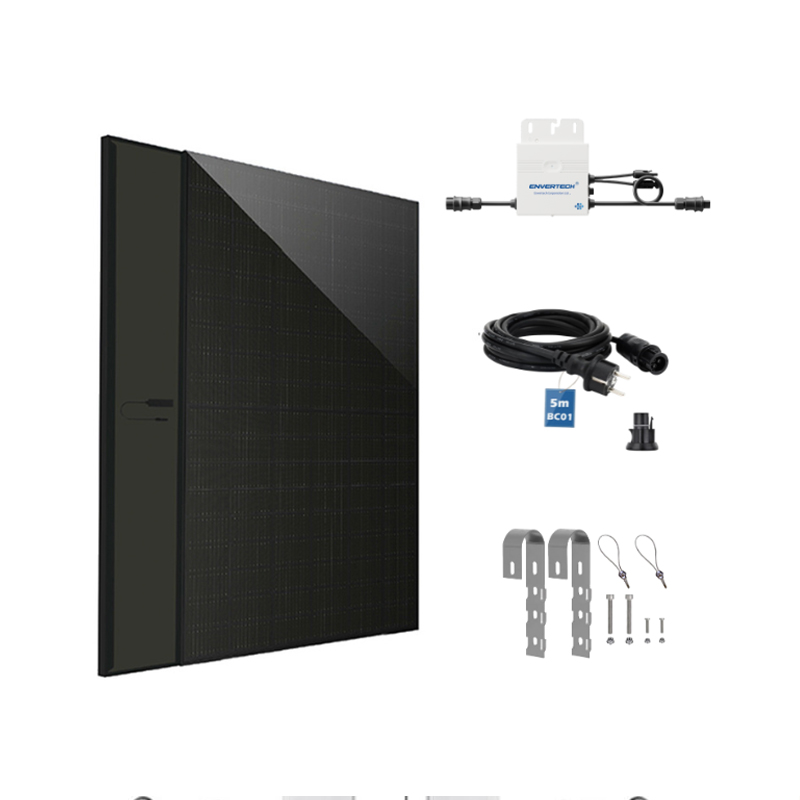-
 FAST SHIPPING
FAST SHIPPING
-
 COMPETITIVE PRICE
COMPETITIVE PRICE
-
 EXCELLENT AFTER-SERVICE
EXCELLENT AFTER-SERVICE
How to Wire Solar Panels in Series: Safe Steps, Diagrams & Calculations
Dec 19,2025How to Set Up Solar Panels for an RV: A Practical Guide
Dec 09,2025How Do You Make Money From Solar Panels: Practical Strategies
Dec 05,2025How to Keep Snow Off Solar Panels: Practical Tips for Winter Care
Nov 24,2025How to Build a Solar Farm: Requirements, Costs & Risks
Nov 20,2025Solar energy has become increasingly popular as a renewable and sustainable source of electricity for residential and commercial applications. Understanding the factors that influence the electricity output of solar panels is crucial for maximizing their efficiency and optimizing energy production. Here, we delve into the key factors that affect solar panel performance, focusing on sunlight hours, orientation, and other significant considerations.
1. Sunlight Availability:
The amount of sunlight a solar panel receives directly impacts its electricity output. Regions with more sunlight hours throughout the day generally produce more electricity from solar panels. Variations in daily and seasonal sunlight patterns due to weather conditions, geographical location, and time of year are critical factors to consider. Maximizing exposure to sunlight during peak hours is essential for optimizing solar panel efficiency.
2. Solar Panel Orientation:
The orientation of Balcony solar kit relative to the sun plays a vital role in determining their efficiency. In the Northern Hemisphere, solar panels typically generate the most electricity when oriented towards the south (and north in the Southern Hemisphere). This orientation ensures panels receive maximum sunlight exposure throughout the day. Adjusting the tilt angle of the panels according to the latitude of the installation site further enhances their performance. Modern mounting systems often feature adjustable brackets that allow for optimal panel positioning, ensuring maximum sunlight capture year-round.
3. Tilt Angle:
The tilt angle of solar panels affects how directly they face the sun. The optimal tilt angle varies based on geographical location and seasonal changes in the sun's position. Solar panels installed at the latitude angle of the location receive sunlight most directly over the course of the year. Adjustments to tilt angles can optimize energy production during different seasons, ensuring panels generate sufficient electricity even during winter months when the sun's angle is lower.
4. Shading:
Shading from nearby objects, such as buildings, trees, or even partial shading from clouds, can significantly reduce solar panel efficiency. Even a small amount of shading on a portion of a panel can lead to a disproportionate decrease in electricity output. It is crucial to assess potential shading issues during the solar panel installation process and to trim trees or adjust panel positioning accordingly to minimize shading impact.

5. Temperature:
Temperature also plays a role in Balcony solar kit efficiency. Solar panels operate more efficiently in cooler temperatures, but excessive heat can slightly reduce their performance. Proper ventilation and spacing between panels and mounting surfaces help dissipate heat and maintain optimal operating temperatures. High-quality solar panels are designed to withstand varying temperatures and continue to operate effectively in different climate conditions.
6. Panel Quality and Condition:
The quality and condition of solar panels directly influence their electricity output over time. High-quality panels with superior efficiency ratings and robust construction are more capable of converting sunlight into electricity effectively. Regular maintenance, such as cleaning to remove dust and debris that can accumulate on panel surfaces, helps maintain peak performance and extends the lifespan of the panels.
7. Micro-inverter Efficiency:
The efficiency of the micro-inverter or power optimizer, which converts the direct current (DC) electricity generated by solar panels into usable alternating current (AC) electricity, also impacts overall system performance. High-efficiency inverters ensure minimal energy loss during the conversion process and contribute to maximizing the electricity output of the solar system.
←
Are there new technologies or advancements in solar storage batteries that I should consider?
→
How do micro inverters accommodate complex roof layouts or shading issues?
 +31610999937
+31610999937 [email protected]
[email protected] De Werf 11, 2544 EH The Hague, The Nederland.
De Werf 11, 2544 EH The Hague, The Nederland. WhatsApp: +1 (917) 257 2995/
WhatsApp: +1 (917) 257 2995/Copyright © 2023 Uni Z International B.V. VAT: NL864303440B01 All Rights Reserved
